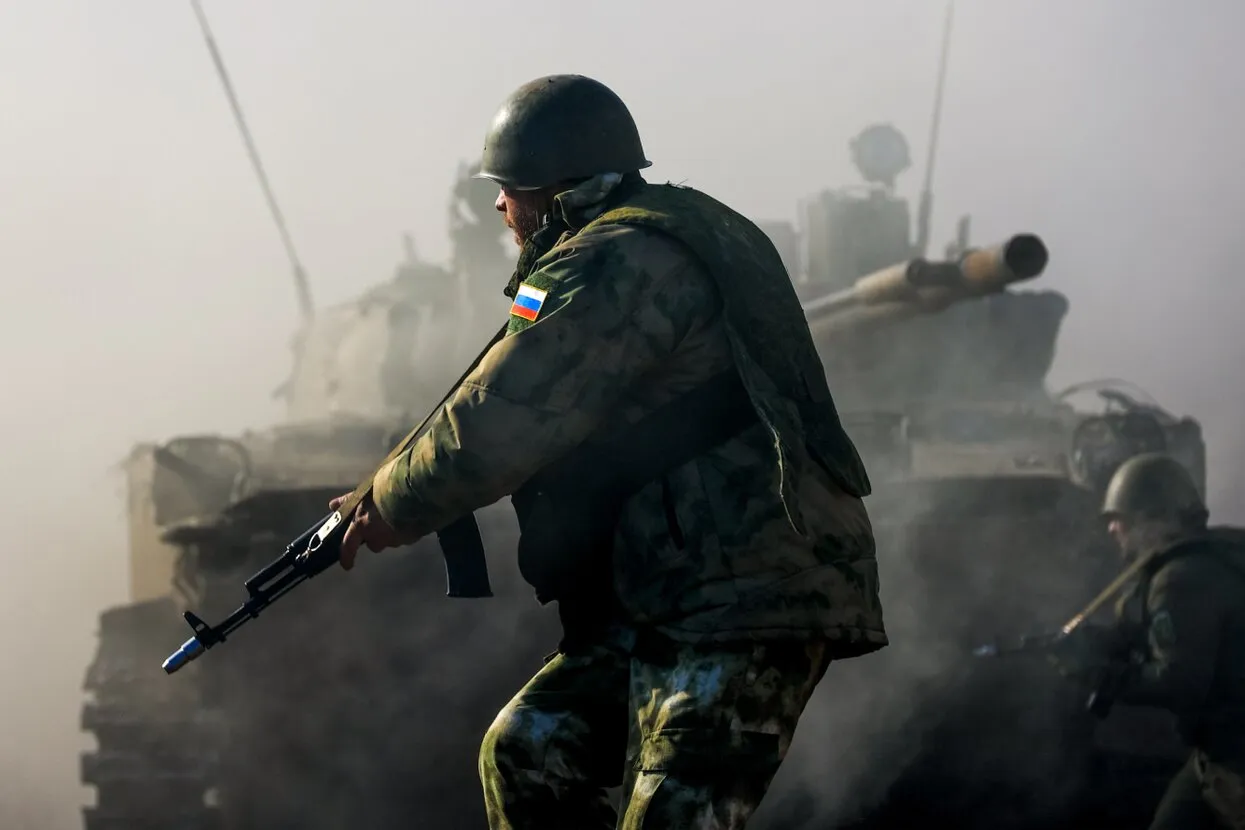
‘I told the others how to clean a gun, and how to take it apart’ Discharged last summer after 8 years of combat, a Novosibirsk man was drafted again in the fall
Earlier this month, a group of Novosibirsk women told the press about their husbands’ efforts to get released from serving on the frontline in the Ukrainian war. The soldiers’ stated reason for refusing to fight was that they had no training or preparation for serving in the frontline units. They claim that they were sent there without any knowledge of where they were going — and for the time being, they are living in tents, in a forest camp where their command is pressuring them to return to combat. It has now emerged that one of them had already spent eight years serving in a “volunteer” unit in the self-proclaimed “LNR,” and that he was discharged from that service only last summer. Come fall, he was drafted again. Here’s the story of the man named Pyotr, uncovered by the journalists at Novosibirsk Online.
Pyotr took part in the war in Ukraine since February 2022, fighting in the armed formations of the self-proclaimed “LNR.” Before then, he served in the “LNR” “volunteer units,” so, in fact, his military service goes as far back as 2014. He came back to Novosibirsk last summer — and in the fall, he received a draft letter.
Pyotr had no intention of going back to Ukraine, but he headed to the draft office anyway. “I showed them my Luhansk military ID, and all the documents — I had everything prepared. But no one listened to me,” he says. Pyotr was “mobilized” into the Russian army.
He spent about a month at the Novosibirsk Military Command College boot camp. The conscripts made three trips to the firing range, each one getting 60 cartridges to fire. Most of their training, though, consisted of getting lined up on the training grounds, for three to four hours every day.
In late October, Pyotr and the other conscripts went to one of the southern-Russian villages near the border. From there, they were sent straight to the frontline. “We were always under artillery fire,” he says. “We spent about 12 days there, I think. I took the guys out of there, as best I could. I managed to gather 12 people.”
The conscripts signed a collective report, refusing to take any further part in frontline combat. Once they submitted the report, their command took away their weapons, and the conscripts were moved to some nearby wooded territory. They now live in tents, waiting for the command to decide what to do with them next.
There’re pressuring us every single day. They line us up and demand: “What are we going to do with you?” And we don’t say anything. Our salaries were delivered to our wives and children. We said at once: “Take it away if you want, we don’t need anything.” Every morning, the officers come and say: “Are you ready to go back to the trenches?” They don’t get anywhere, so they just forget about us, and then start over the next morning.
“Every day,” Pyotr adds, “they prod us with those salaries, with that money.”
Apart from the Novosibirsk conscripts, there are several dozen other men in the camp, including contract soldiers who have also refused to go to the frontline, feeling that they’re not adequately prepared. 40 to 50 men, Pyotr says, have already given in to the pressure, and returned to the frontline.
We’re completely unprepared, for anything. You need to understand, we lined up and they said to us: “You’re going to serve in the liberated territories.” And here we are. We want to get out of here altogether. These guys here are mostly locksmiths. I told the others, already on the frontline, how to clean a machine gun, and how to take it apart.
“No one knows anything in principle,” he says. “They don’t explain anything to 80 percent of the conscripts — they just load them into an Ural and drive. And you simply find yourself before the fact.”
Together with the conscripts, three Novosibirsk contract soldiers have also submitted reports, refusing to continue serving. The command “just put those reports in the pocket,” one of them says, adding: “They’re now talking to us about criminal responsibility for refusal, and about five-year sentences.”
The plight of Russian soldiers on the frontline
Translated by Anna Razumnaya.